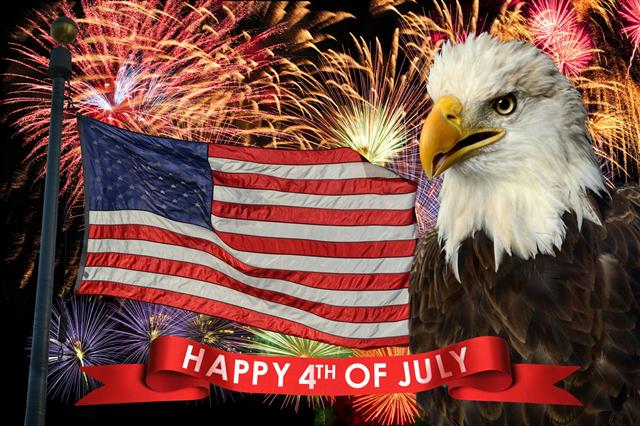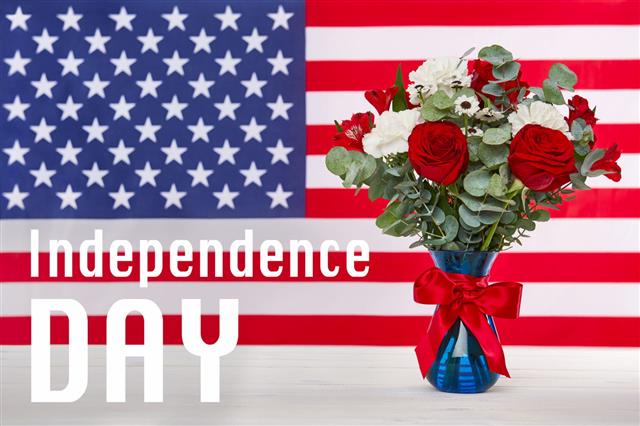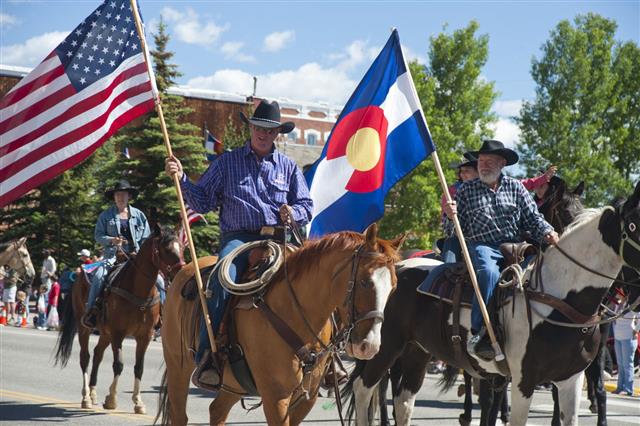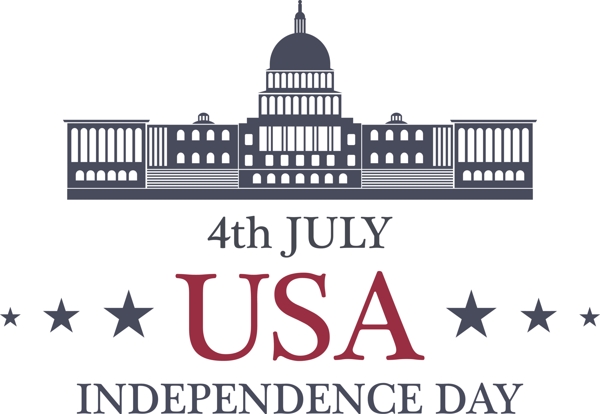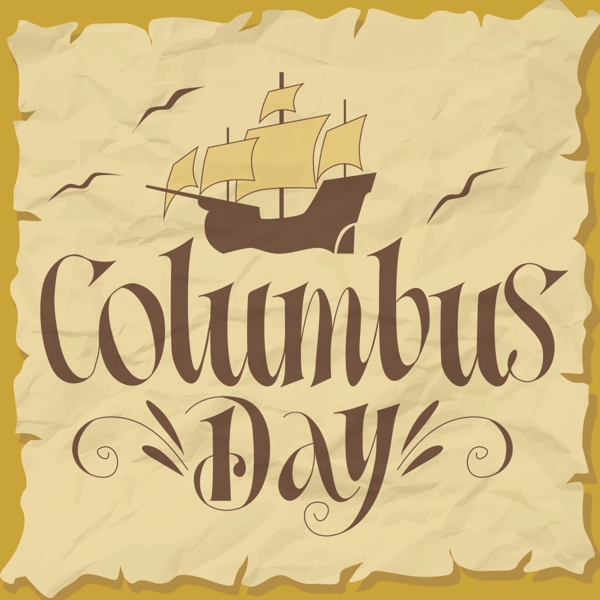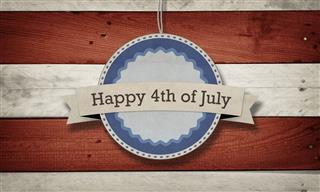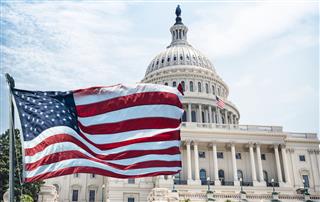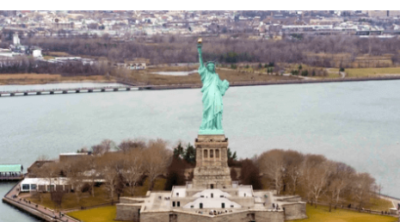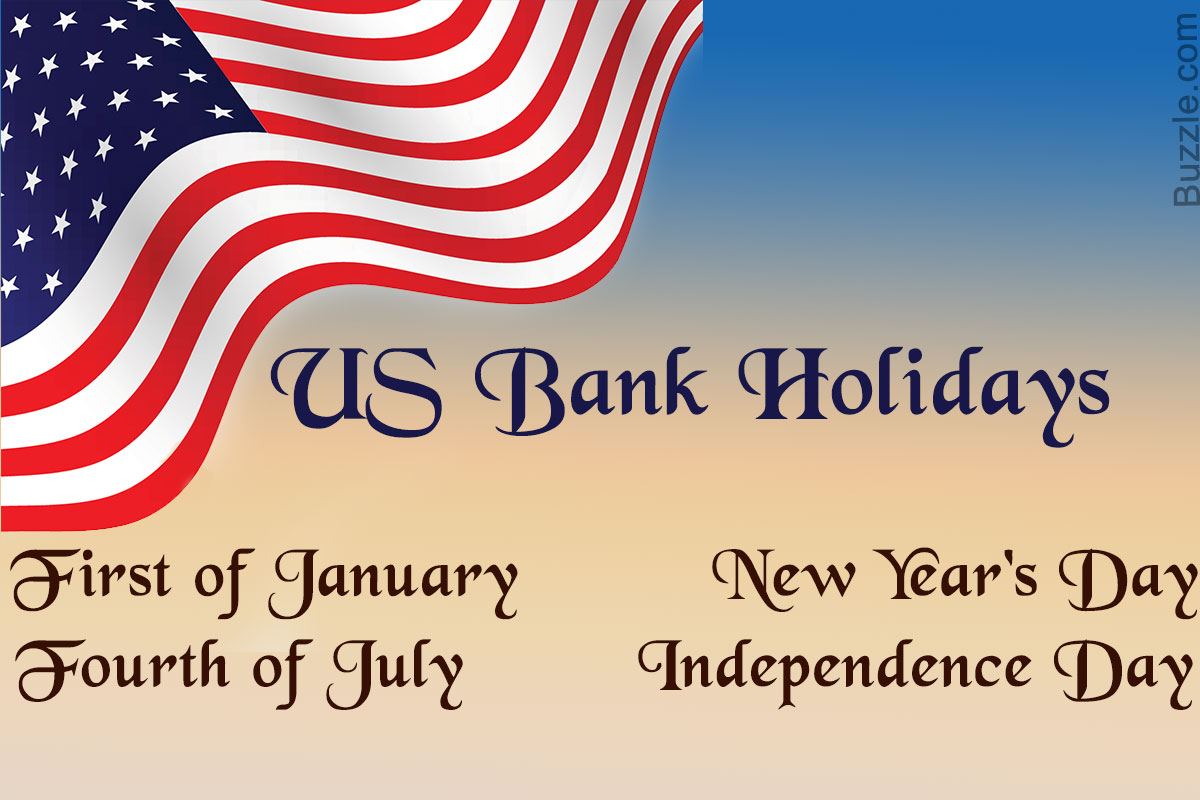
In the United States, almost all federal holidays are observed by the banks as well. This CelebrationJoy article gives you a list of the prominent US bank holidays, so that you can plan an extended weekend or a vacation accordingly.
Did you know about ‘A Bank Holiday’?
The period of the Great Depression saw a huge crisis in the banking industry. It was only after the inauguration of Franklin Roosevelt in 1933, that he declared a “Bank Holiday” from March 6 to March 10, during which he introduced the “Emergency Banking Act” that paved way for ending the bank crisis of the time.
Whether it is for an extended vacation or for those much-needed days of R&R, a national holiday serves well to those of us who are always looking for a way to get the most of the paid leaves, or entitled breaks from a long week. Also, on the other hand, the information always comes in handy if we have the tendency to bank on these holidays to go visit our banks to get some work done. The last thing we want is to end up outside the doors of the bank only to find out that it is closed!
Before the start of a new year, the United States central government releases a list of holidays for the upcoming year. These holidays are known as federal holidays in which every employee of the central government gets off. In the United States of America, state governments have the right to declare holidays as well. This results in some discrepancy in the list of holidays in the US for different states. Nonetheless, the following section gives you information about the main bank holidays in the country.
Bank Holidays In The United States
There are many federal holidays that are not celebrated on a specific date, but instead, are assigned to a specific Monday. This is in accordance with the “Uniform Monday Holiday Act” that designates specific Mondays of the year for the observance of certain holidays. This Act was established with the intention of increasing the number of three-day weekends for employees of the federal system.
The “first of January” begins with welcoming the New Year, and is declared as a bank holiday all across the globe. In case the first day of the new year falls on a Sunday, the day after (Monday) is declared as the official holiday by the federal government.
While Martin Luther King’s birthday falls on January 15, his birthday is celebrated on the “third Monday of January” in accordance with the Uniform Monday Holiday Act. Interestingly, this holiday was not existent when this Act was established.
Also known as ‘Washington’s Birthday’, it is celebrated not only in memory of the birth of George Washington, the first president of the United States, but also to honor the legacy of the past presidents of the country. It is always celebrated on the “third Monday of February”.
The last Monday of every May is celebrated as the Memorial day in honor of all those soldiers who laid down their lives in the line of duty. The tradition dates back to the 1800s, as the first widely-publicized observance similar to this day was in Charleston, South Carolina, on May 1, 1865.
Widely known as the “Fourth of July” or “July Fourth”, this is the day on which the United States announced its independence from Great Britain by signing the Declaration of Independence on July 4, 1776.
This holiday is observed on the “first Monday of September” to mark the contribution of the labor force of the nation towards its economic and social growth. It was made a federal holiday in the year 1894.
The “second Monday of October” is celebrated as Columbus day. It marks the day on which Christopher Columbus first set foot on the American continent. Some states celebrate the holiday as ‘Indigenous People’s Day’. Note that many states in the country do not observe this day. There are some states who celebrate it under different names.
Earlier, this day was observed as ‘Armistice Day’, but since 1954, the “eleventh of November” is marked as a federal holiday in honor of the ‘veterans’ who spent their lives serving the Armed Forces. This day should not be confused with “Memorial Day”, as the latter is for those who died while serving the Armed Forces.
Celebrated on the “fourth Thursday of every November”, this day has been an annual tradition since 1863. It was first celebrated by the Pilgrims to offer thanks for the first harvest in the New World in 1621.
Celebrated every year to commemorate the birth of Jesus Christ, the “25th of December” is perhaps the most coveted holiday of all, not only in the United States, but in many nations all over the world.
Note:
~ For those who work Monday to Friday, the holidays that fall on a Saturday are observed on the previous Friday in some states, while others may not observe them at all.
~ The holidays that fall on a Sunday are observed on the following Monday.
~ Many states do not observe some of the aforementioned holidays. For instance, Texas does not recognize Columbus Day.
~ Not all states may follow the rule of declaring the previous Friday or the following Monday as a holiday.
The list of bank holidays in the United States given in this article are restricted to the ones that are recognized by the central government. In addition to these holidays, every state may have additional holidays. While you refer to a list of bank holidays, remember to crosscheck if the day is a declared holiday in your state of residence or not.


